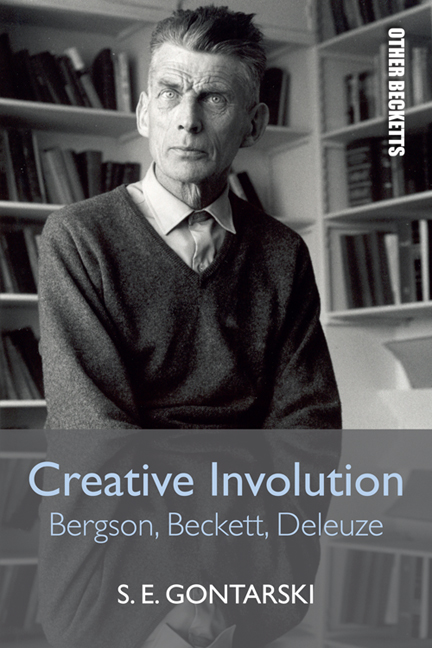2 - ‘A Mixed Choir’ from The Ditch of Astonishment: An Introduction
Published online by Cambridge University Press: 05 August 2016
Summary
So he crawled out of the ditch, not forgetting his bags, and resumed his journey […] (Watt 36)
But now I shall have to get myself out of this ditch. (Molloy, Three Novels 27)
VLADIMIR: May one inquire where His Highness spent the night? ESTRAGON: In a ditch. (Godot 7) Mr Rooney: Are you in condition to lead me? […] We shall fall into the ditch. (All That Fall, CDW 189)
In 2013–14 Peter Brook and his collaborator, Marie-Hélène Estienne, toured one of the latest projects growing out of their centre for theatre research. The Valley of Astonishment was actually the second part of their earlier production, The Man Who [i.e., Mistook His Wife for a Hat], both pieces designed to explore what they call ‘the labyrinth of the brain’, or what New York Times critic Ben Brantley (2014) dubbed their ‘wonder-struck contemplation of the enigma of the human mind’. The Guardian's Michael Billington (2014) pithily summarizes the plot:
Fired as a journalist and investigated by cognitive scientists, she [Sammy Costas] turns into a music-hall performer who is ultimately traumatised by her unusual gift [either eidetic imagery or a highly tuned system of mnemonics]. Her story is interwoven with that of a twenty-eight- year- old man who relates music to colours [synaesthesia] and with a study of a senior citizen whose impaired proprioception, or inability to sense his body, means he has to use his brain to overcome muscular paralysis.
Some uncertainty seems to exist among these major theatre critics about what exactly Brook and Estienne are exploring: the human mind or the human brain. While Billington describes their subject as ‘the working of the human brain’, Brantley, or his editor, titles his review, ‘The Mind is a Terrible Thing to Take for Granted’. The production, however, makes little mention of mind, assuming mind and brain to be coeval, perhaps, but the distinction is crucial for much of the discussion to follow and as a formative issue of what will come to be called Modernism, for which the study of the mind's function is not restricted to but includes that of the brain.
- Type
- Chapter
- Information
- Creative InvolutionBergson, Beckett, Deleuze, pp. 6 - 30Publisher: Edinburgh University PressPrint publication year: 2015

